July 23, 2020
Flexible models of work will shift focus from place to purpose
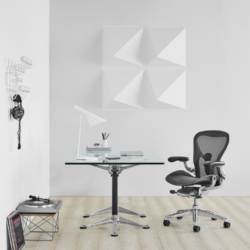 A new report from Poly claims that there is a ‘granular shift’ in focus from place to purpose of work as businesses respond to the COVID-19 crisis, redesign their operations and reinvent the way they work. Out of city coworking spaces, ergonomic at-home work setups and virtual water cooler moments will define the new age of flexible working, the report claims. Drawing on experts in the future of work, workspace design and psychology, the Poly report, Hybrid Working: Creating the “next normal” in work practices, spaces and culture, sets out the path to what it refers to (tediously) as the “next normal,” where employees enjoy flexibility and choice, and businesses thrive through motivated, collaborative and productive teams. More →
A new report from Poly claims that there is a ‘granular shift’ in focus from place to purpose of work as businesses respond to the COVID-19 crisis, redesign their operations and reinvent the way they work. Out of city coworking spaces, ergonomic at-home work setups and virtual water cooler moments will define the new age of flexible working, the report claims. Drawing on experts in the future of work, workspace design and psychology, the Poly report, Hybrid Working: Creating the “next normal” in work practices, spaces and culture, sets out the path to what it refers to (tediously) as the “next normal,” where employees enjoy flexibility and choice, and businesses thrive through motivated, collaborative and productive teams. More →




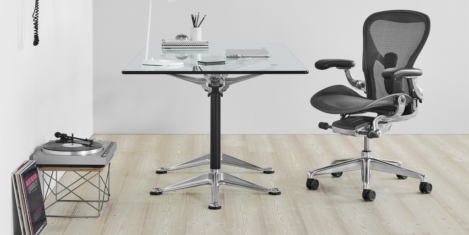
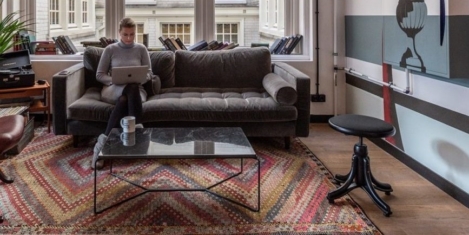
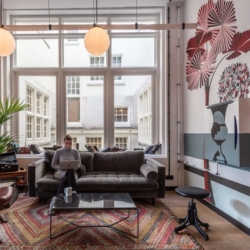





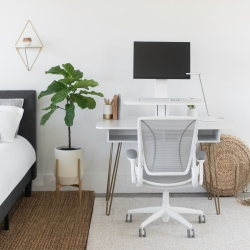


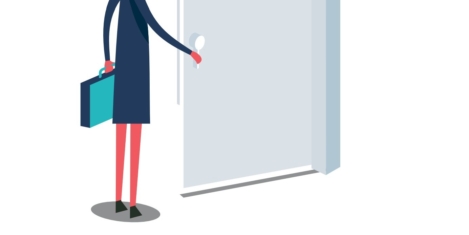
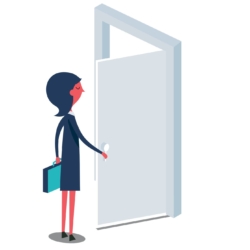























July 22, 2020
Don’t be a commute Canute, Boris
by Andrew Mawson • Comment, Flexible working